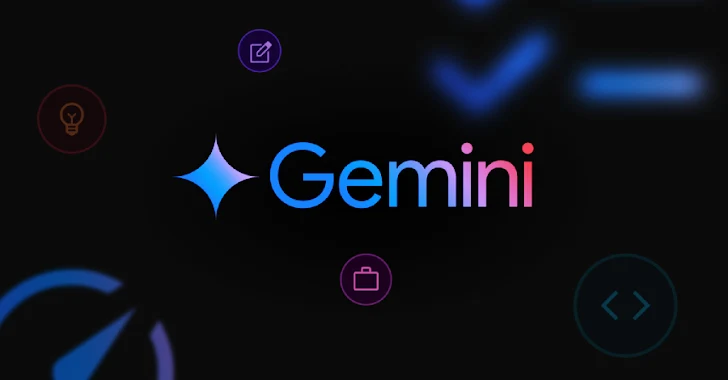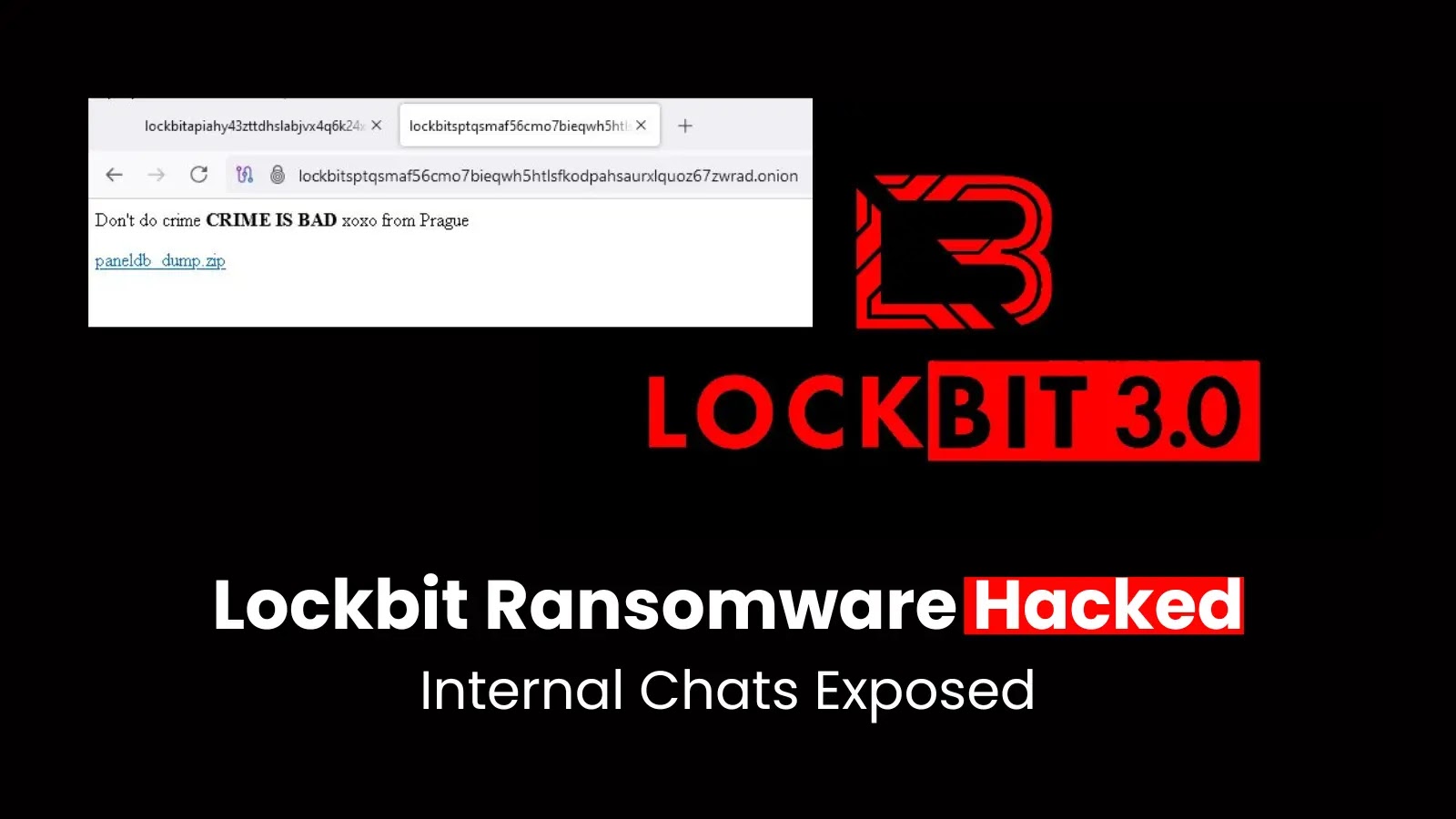Google has recently issued an urgent security update for its Chrome browser, addressing a critical Use After Free (UAF) vulnerability within the Site Isolation feature. This high-severity flaw, identified as CVE-2025-3066, could enable attackers to execute arbitrary code on affected systems, potentially granting them full control over victims’ devices upon successful exploitation.
Understanding the Vulnerability
The CVE-2025-3066 vulnerability arises from a memory management issue known as a Use After Free bug in Chrome’s Site Isolation feature. Site Isolation is a security mechanism designed to mitigate side-channel attacks like Spectre by ensuring that each website is rendered in a separate process.
Use After Free vulnerabilities occur when a program continues to access memory after it has been freed, allowing attackers to manipulate the contents of that memory. In this case, the UAF bug in Site Isolation could permit attackers to escape the sandbox that typically confines web content within its own process, potentially enabling code execution with the privileges of the Chrome browser process.
Discovery and Reporting
Security researcher Sven Dysthe (@svn-dys) reported the vulnerability on March 21, 2025. In recognition of this significant security issue, Google awarded Dysthe a $4,000 bounty. As is standard practice with severe vulnerabilities, Google has restricted access to detailed technical information until a majority of users have applied the security patch.
Risk Assessment
The vulnerability affects Google Chrome versions prior to 135.0.7049.84/.85 for Windows and Mac, and prior to 135.0.7049.84 for Linux. The potential impact includes Remote Code Execution (RCE), with a CVSS 3.1 score of 8.8, indicating high severity.
Exploitation Scenarios
To exploit this vulnerability, an attacker would need to craft a malicious webpage containing JavaScript code designed to trigger memory corruption. When a victim visits such a page, the malicious code could manipulate the freed memory region, leading to arbitrary code execution. This could result in the installation of malware, theft of sensitive information, or establishment of persistent access to affected systems.
Mitigation Measures
Google has addressed the vulnerability in Chrome version 135.0.7049.84/.85 for Windows and Mac, and 135.0.7049.84 for Linux. The update is being rolled out gradually over the coming days and weeks. Users can verify their browser version and update status by navigating to chrome://settings/help in the address bar.
Recommendations
Security experts strongly recommend that all Chrome users update their browsers to the latest version immediately. Organizations should prioritize this update, especially for systems that process sensitive information or have elevated privileges.



